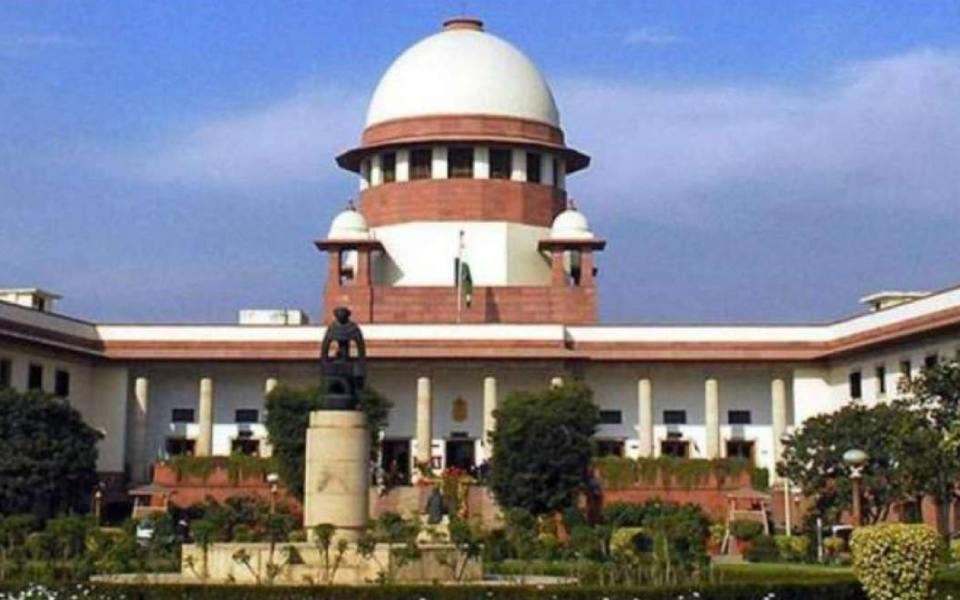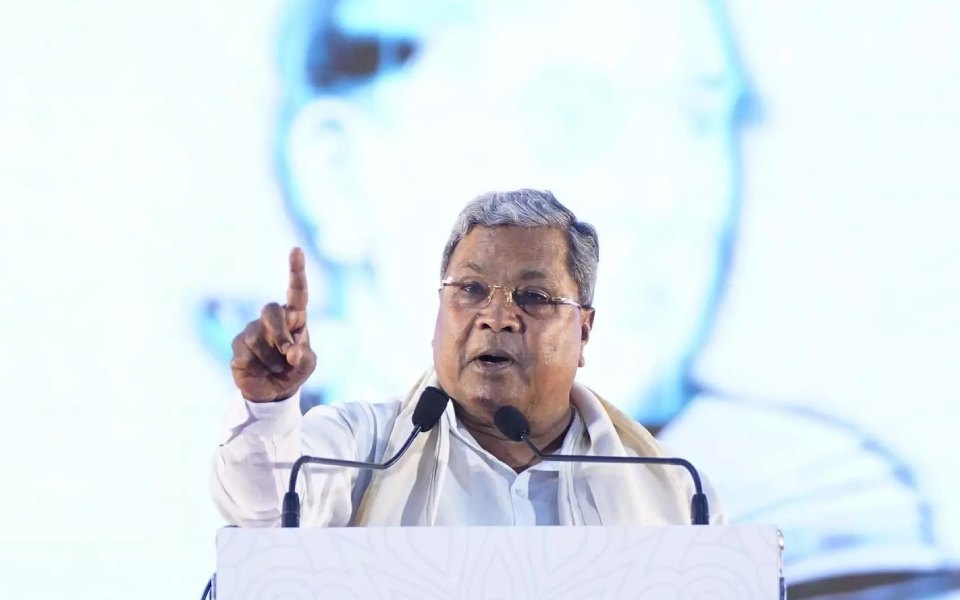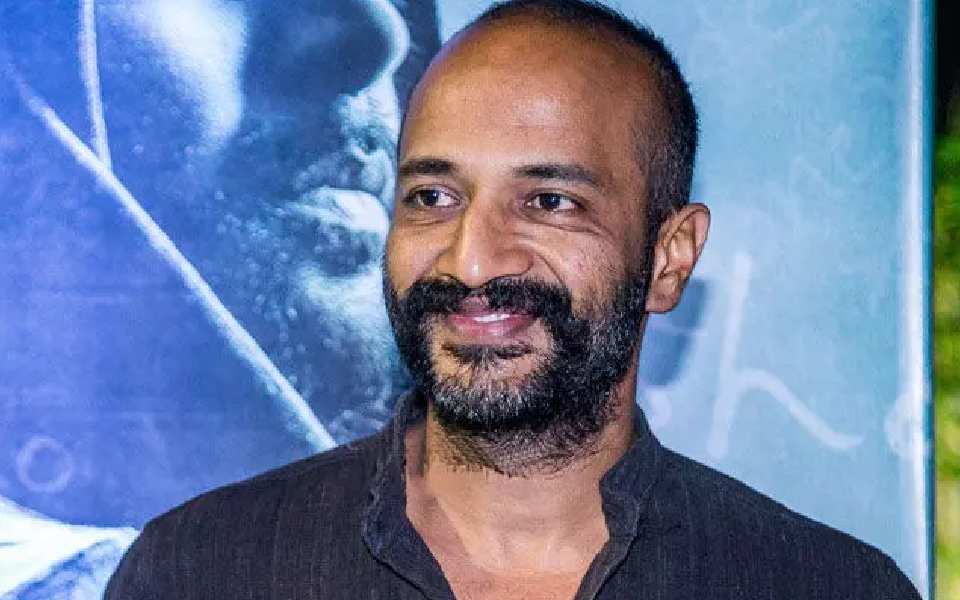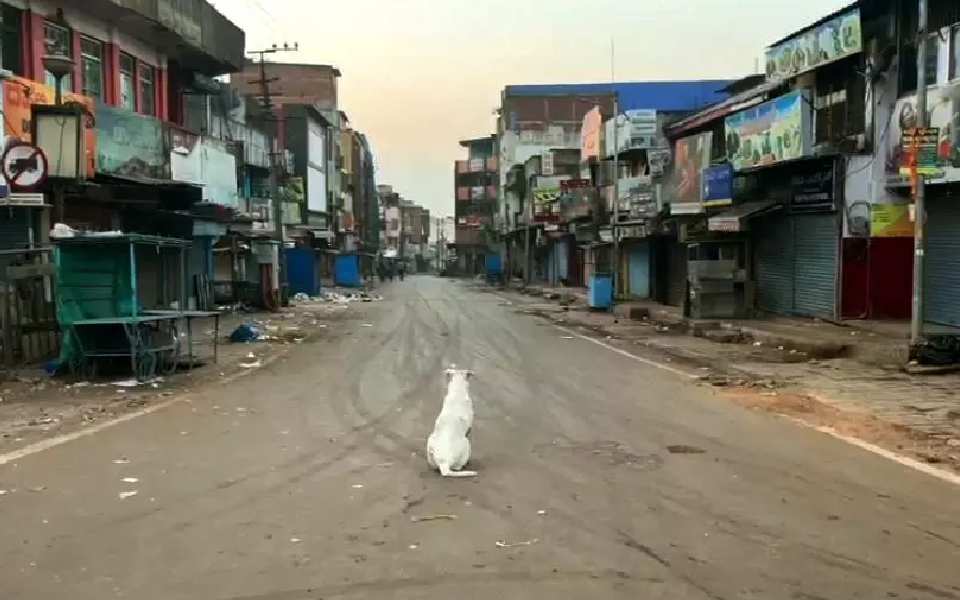New Delhi, May 10 : The Anti-Corruption Branch on Thursday arrested Delhi Chief Minister Arvind Kejriwal's nephew Vinay Bansal in an alleged PWD scam, sparking an angry reaction from the AAP which said it was part of the BJP's vendetta politics.
Vinay Bansal, the son of Kejriwal's late brother-in-law Surender Bansal, was a partner in a firm which was involved in the alleged scam worth over Rs 6 crore.
"We have arrested Vinay Bansal from his residence in Pitampura after he failed to give satisfactory replies to our queries about a firm - 'Mahadeo Impacts'," Special Commissioner of Police Arvind Deep told IANS.
The firm showed purchase of raw materials for the construction of a Public Works Department (PWD) drain.
"The ACB registered an FIR on May 8, 2017. We received a complaint that Surender Bansal got a tender below 46 per cent on behalf of a company, Renu Construction, on the estimated cost of Rs 4.9 lakh," Deep, who heads the ACB, said.
"The complaint also mentioned that the quality of products was not up to the mark. During the probe, it was found that iron and cement were bought from Mahadeo Impacts which was later found to be non-existent," he said.
Delhi Deputy Chief Minister and Aam Aadmi Party (AAP) leader Manish Sisodia told the media here that for the last three years, the Delhi Police and the ACB are being used by the Lt Governor and the Central government for arresting AAP leaders.
The Delhi Police is "planning just one thing: How to make AAP people unhappy", he said.
Bansal was doing projects with the Delhi government even before the Kejriwal government. The current case is on a contract he won before the AAP government came to power, he added.
"This is part of the chain of arrests against AAP MLAs," Sisodia said, adding this will be exposed in the court.
"The good thing is that there's justice in this country and when cases go to court it goes against police and police is being asked why did you do it?"
Sisodia said IIT Roorkee had done a third party audit as per the terms of the project and submitted a report and the PWD had also said that the work was done well.
"After the complaint, the ACB got a separate inquiry conducted by Sri Ram Labs which also said that work was satisfactory," Sisodia said.
AAP chief spokesperson Saurabh Bharadwaj rejected any corruption in the matter.
"There can be only two ways of corruption in PWD drain construction: the tender was rigged to favour of Chief Minister's relative or the payment was made for sub-standard work or incomplete work. In this case, nothing of this sort happened," he tweeted.
In May 2017, AAP rebel leader Kapil Mishra raised the issue following a whistleblower's revelations.
Surender Bansal, who ran a company that worked with the PWD for many years, died the same day Mishra raised the issue and filed the complaint.
Let the Truth be known. If you read VB and like VB, please be a VB Supporter and Help us deliver the Truth to one and all.
New Delhi, Jan 9: The Supreme Court on Thursday dismissed a batch of pleas seeking to review its October 2023 verdict declining legal sanction to same-sex marriage.
A five-judge bench of Justices B R Gavai, Surya Kant, B V Nagarathna, P S Narasimha and Dipankar Datta took up about 13 petitions related to the matter in chambers and dismissed them.
"We do not find any error apparent on the face of the record. We further find that the view expressed in both the judgements is in accordance with law and as such, no interference is warranted. Accordingly, the review petitions are dismissed," the bench said.
It said the judges have carefully gone through the judgements delivered by Justice (since retired) S Ravindra Bhat speaking for himself and for Justice (since retired) Hima Kohli as well as the concurring opinion expressed by Justice Pamidighantam Sri Narasimha, constituting the majority view.
The bench also rejected a prayer made in the review petitions for hearing in an open court.
According to practice, the review pleas are considered in chambers by the judges.
The new bench was constituted after Justice Sanjiv Khanna, the present CJI, recused from hearing the review petitions on July 10, 2024.
Notably, Justice P S Narasimha is the only member of the original Constitution bench comprising five judges which delivered the verdict, as former CJI D Y Chandrachud and Justices S K Kaul, Ravindra Bhat and Hima Kohli have retired.
A five-judge Constitution bench led by then CJI Chandrachud on October 17, 2024, refused to accord legal backing to same-sex marriages and held there was "no unqualified right" to marriage with the exception of those recognised by law.
The apex court, however, made a strong pitch for the rights of LGBTQIA++ persons so that they didn't face discrimination in accessing goods and services available to others, safe houses known as "garima greh" in all districts for shelter to members of the community facing harassment and violence, and dedicated hotlines in case of trouble.
In its judgement, the bench held transpersons in heterosexual relationships had the freedom and entitlement to marry under the existing statutory provisions.
It said an entitlement to legal recognition of the right to union, akin to marriage or civil union, or conferring legal status to the relationship could be only done through an "enacted law".
The five-judge Constitution bench delivered four separate verdicts on a batch of 21 petitions seeking legal sanction for same-sex marriages.
All five judges were unanimous in refusing the legal recognition to same-sex marriage under the Special Marriage Act and observed it was within Parliament's ambit to change the law for validating such a union.
While former CJI Chandrachud wrote a separate 247-page verdict, Justice Kaul penned a 17-page judgement where he broadly agreed with the former's views.
Justice Bhat, who authored an 89-page judgement for himself and Justice Kohli, disagreed with certain conclusions arrived at by the former CJI, including on applicability of adoption rules for such couples.
Justice Narasimha in his 13-page verdict was in complete agreement with the reasoning and conclusion of Justice Bhat.
The judges were unanimous in holding that queerness was a natural phenomenon and not an "urban or elite" notion.
In his judgement, the former CJI recorded Solicitor General Tushar Mehta's assurance of forming a committee chaired by the cabinet secretary to define and elucidate the scope of entitlements of such couples in a union.
The LGBTQIA++ rights activists, who won a major legal battle in 2018 in the Supreme Court, which decriminalised consensual gay sex, moved the apex court seeking validation of same-sex marriages and consequential reliefs such as rights to adoption, enrolment as parents in schools, opening of bank accounts and availing succession and insurance benefits.
Some of the petitioners sought the apex court to use its plenary power besides the "prestige and moral authority" to push the society to acknowledge such a union and ensure LGBTQIA++ persons led a "dignified" life like heterosexuals.





